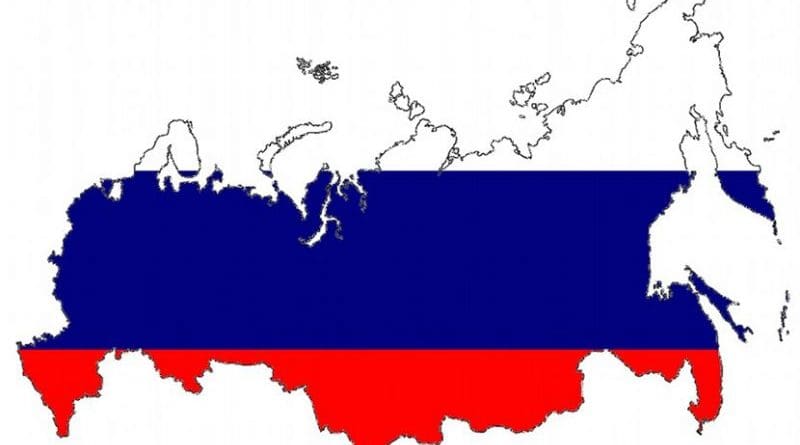War In Ukraine Unlikely To Lead To Disintegration Of Russian Federation – OpEd
By Paul Goble
Despite the hopes of some and the fears of others, the war in Ukraine regardless of its outcome is highly unlikely to lead to the disintegration of the Russian Federation not because it will not create conditions that some in principle might exploit but because those in power have blocked the rise of leaders who might seek secession, Ivan Klyszcz says.
Since the disintegration of the USSR in 1991 and especially since Putin began his massive invasion of Ukraine, some have argued that the conditions the war is creating resemble those of the end of Soviet times and thus will have the same result, the specialist on international relations at the University of Tartu says (ridl.io/privedet-li-vojna-v-ukraine-k-raspadu-rossii/).
There are indeed parallels between the situation in the USSR before 1991 and that in the Russian Federation today, but there is one major difference: There is no Mikhail Gorbachev who not only failed to take advantage of all the political possibilities he had to prevent the demise of the USSR but did not block the rise of elites who saw that as a good option.
Now the situation is different, Klyszcz says. And “whatever leadership Russia will have by the end of the war in Ukraine may find ways to handle the discontent better than Gorbachev did decades before. More broadly, the Russian Federation may be better suited to withstand the kind of pressures that the Soviet Union faced at that time.”
Moreover, there is no Yeltsin on the horizon to challenge Putin and “there is no equivalent Russian ‘core’ region in a position” to take the place of the existing Russian Federation. And equally important, interest in politics is minimal among Russia’s national minorities. As a result, “nationalism is not the default setting.”
Chechnya is often cited as a counter example, the Tartu scholar says. But it is “an outlier.” Elsewhere, Russia’s regional elites have been coopted and reduced to the state of abject dependency on Moscow. Further, “Putin’s patronage networks have made the emergence of parallel or competing poles inside Russia an impossibility.”
“There is no doubt that Russia’s defeat will lead to new transformations in the country” or that these transformations will affect the ethnic minorities. “But,” and this is key, Klyszcz says, “these transformations will not resemble those of the past be they in the economy or in federal relations.”
And it is worth remembering that some Russian defeats have led “not to collapse but to reform,” a possibility that may exist in the future as well.

